A South African-American billionaire father of 11, Elon Musk owns one of the world's most influential social media platforms (X Network, formerly Twitter) and dominates more than half of the US electric car market.
Elon Musk is regularly named one of the most influential people in the world. So what's next for him?
For Elon Musk, the answer is: Space domination.
Elon Musk & Jeff Bezos' Satellite Constellation
So far, the effort is going very well. SpaceX, the company Elon Musk founded in 2002, has launched more than 4,500 Starlink satellites in the past five years, accounting for more than 50% of all satellites operating in low Earth orbit (LEO).
Together, these satellites could provide internet access to almost every corner of the world, giving Elon Musk access to global communications and more.
But this unprecedented influence is about to have a rival - another billionaire on Earth.
Jeff Bezos, founder of Amazon and the world's third-richest person (Elon Musk is the richest - source Forbes, 2023), is launching his own effort to launch more than 3,000 satellites into low Earth orbit (LEO).
His first pair of satellites went into orbit just over a week ago.
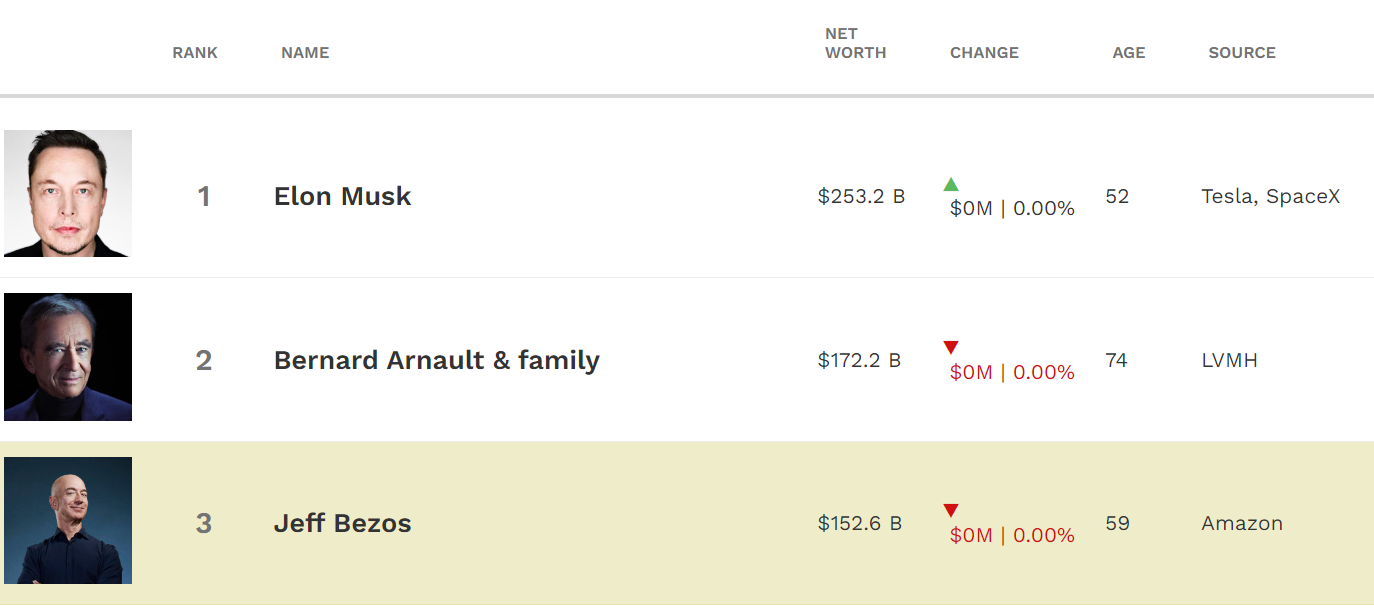
Top 3 richest billionaires on the planet, Elon Musk is at the top. Third place is Jeff Bezos. Source: Forbes.
If Elon Musk has Starlink, Jeff Bezos has Project Kuiper.
Project Kuiper is a low Earth orbit (LEO) satellite constellation designed to provide broadband satellite internet. Like Starlink, the constellation will consist of thousands of small satellites orbiting the Earth in low orbit.
Project Kuiper is run by Kuiper Systems, an Amazon subsidiary founded in 2019.
Amazon has stated that one of its goals is to help bridge the digital divide in the US, especially among students.
CNBC said, Amazon has pledged to invest $10 billion in Project Kuiper , which it says will be able to provide reliable and affordable internet to people in the US who don't have reliable home internet access.
Who is better?
The Guardian near-Earth space could be dominated by two extremely wealthy men: Elon Musk and Jeff Bezos.
Victoria Samson, Washington office director of the Secure World Foundation, a nonprofit focused on space sustainability, said Elon Musk's influence appears to be growing, with SpaceX now launching new satellites every week.
The company, which has more than 1.5 million users worldwide, has just requested approval and permission to launch a total of 42,000 satellites into orbit – numbers that make Amazon's recent launch of two satellites (Kuipersat-1 and Kuipersat-2) look quite... unusual.
Jeff Bezos' Project Kuiper has just entered the orbital testing phase.
The effort by billionaire Bezos — a space enthusiast who flew to low Earth orbit (LEO) in 2021 — has been a long and error-filled process.
Amazon's Project Kuiper was originally scheduled to launch satellites in 2022, but the rockets carrying Kuipersat-1 and Kuipersat-2 failed during launch.
Jeff Bezos's Blue Origin, which makes rockets including the one that carried him into space, is expected to launch the Kuiper satellite into orbit, but the company has yet to successfully launch anything into LEO.
According to New York Times, Blue Origin's New Glenn rocket, designed to carry Kuiper-like payloads into space, is three years behind schedule.
Instead, the launch of the first pair of prototype satellites (Kuipersat-1 and Kuipersat-2) on October 6 was launched into orbit by a United Launch Alliance Atlas V rocket, from Cape Canaveral Space Force Station in Florida, USA.
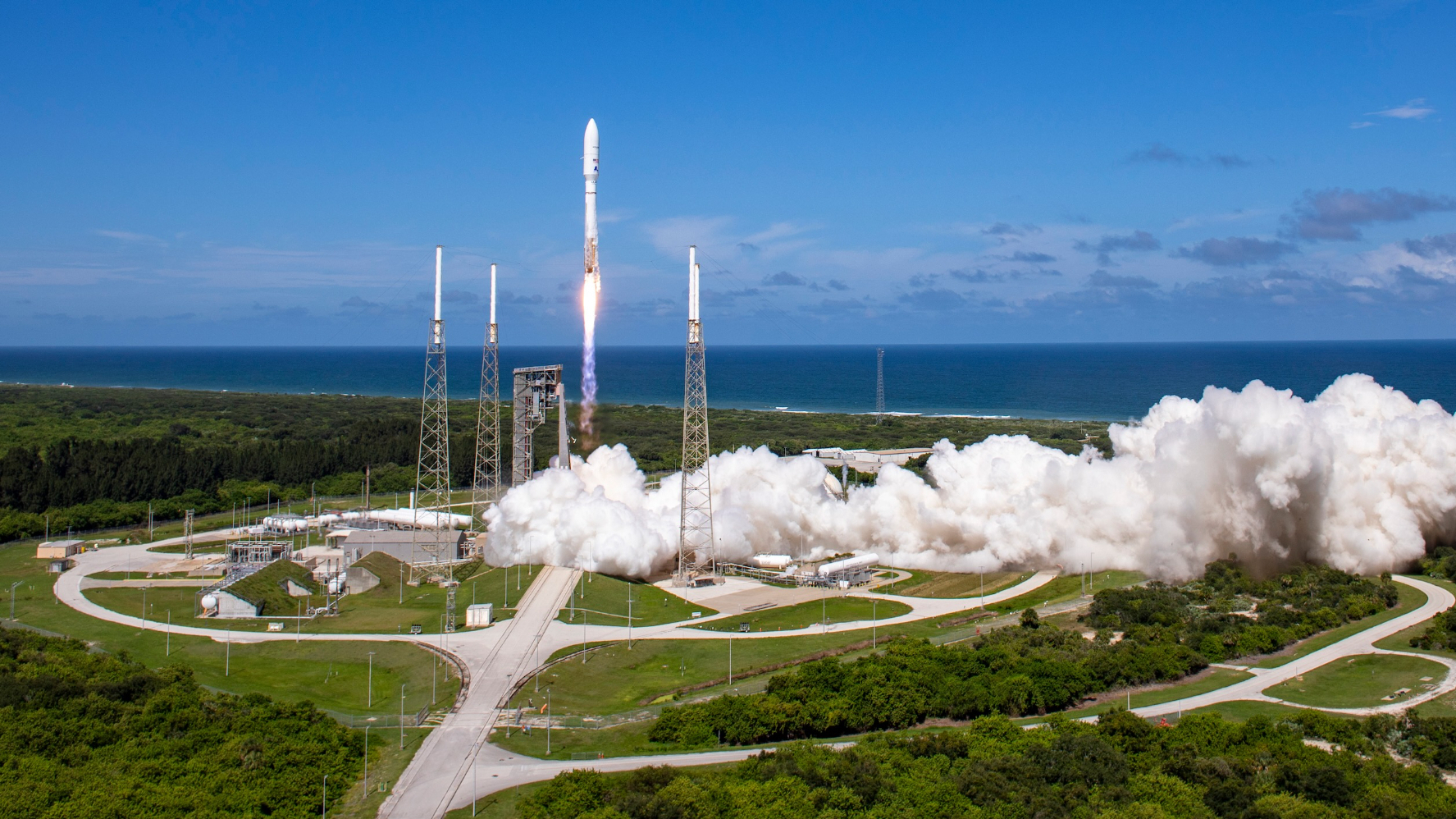
United Launch Alliance's Atlas V rocket launches the first two internet satellites for Amazon's Project Kuiper satellite constellation on October 6, 2023. Photo: ULA
Despite these difficulties, Jeff Bezos plans to launch a total of 3,236 satellites by 2029 , but Amazon is entering the space satellite race with a huge gap between them and SpaceX.
Amazon began research and development of Project Kuiper in 2018 and received a deployment and operating license from the US Federal Communications Commission in 2020.
That license greenlighted an initial constellation of 3,236 satellites, stipulating that Amazon must operate at least half of them by July 2026.
SpaceX has the first-mover advantage, says Victoria Samson. And other companies/entities are trying to catch up, not just Amazon.
Eutelsat OneWeb has 634 satellites in lower Earth orbit — the ideal distance from Earth where SpaceX's Starlink satellites also operate.
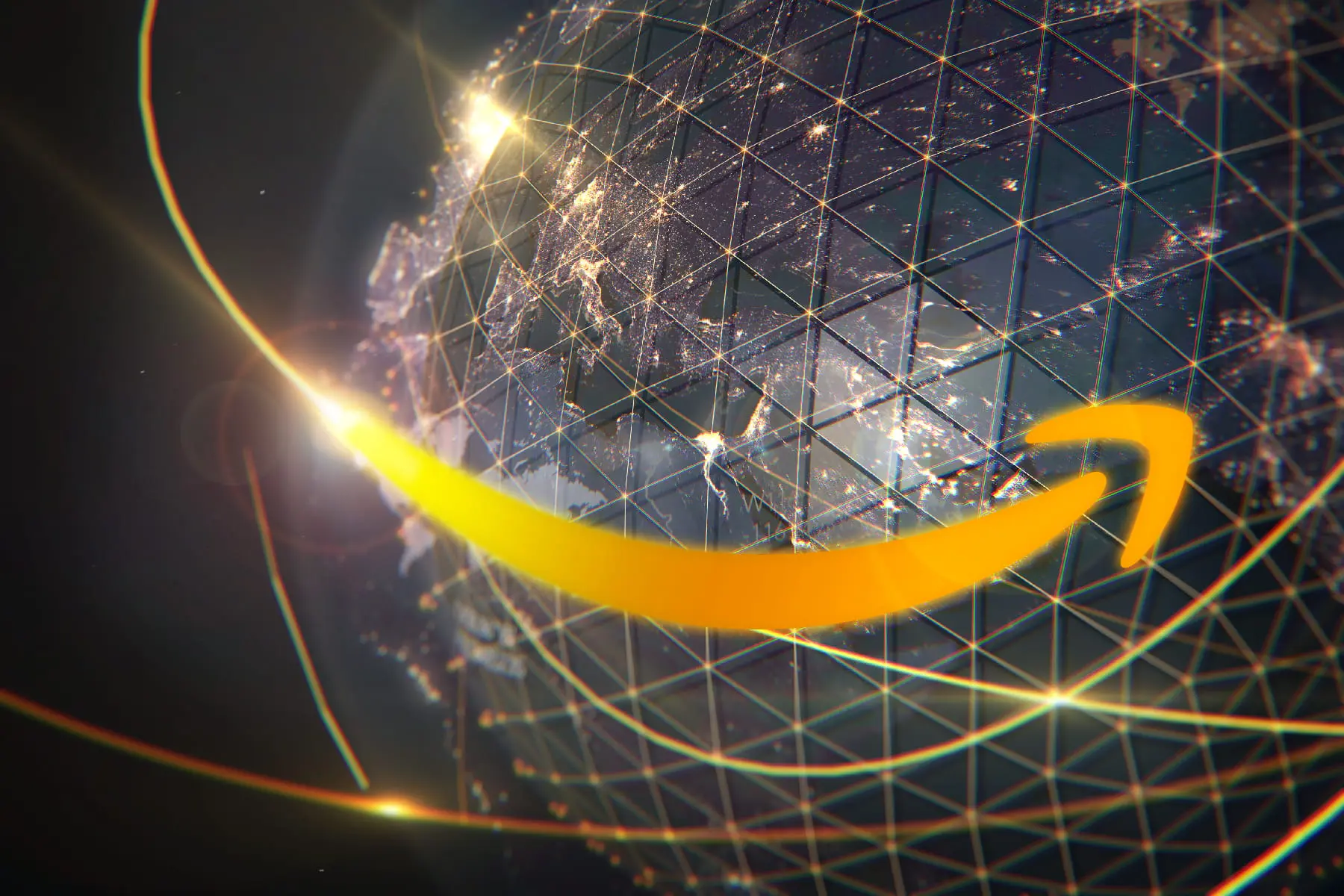
In the race to launch satellites into low Earth orbit, SpaceX is one step ahead of Amazon. Photo: Highspeedinternet
In early 2023, the European Union (EU) announced plans to launch 170 satellites into orbit between 2025 and 2027.
As for how SpaceX and other private companies or individuals are affected, Victoria Samson said there are some regulations that multiple parties have to follow.
The Outer Space Treaty, a 1967 United Nations-led law signed by all major spacefaring nations, holds nations responsible for what companies put into space beyond their borders — and should continue to monitor those satellites and projects.
This means that organizations like Elon Musk's SpaceX need government permission to launch satellites.
“Elon wouldn’t have 53% of all the satellites out there operating without the US government allowing him to do it,” said Moriba Jah, associate professor of aerospace engineering and mechanical engineering at the University of Texas.
The problem isn’t just active satellites. According to the European Space Agency (ESA), there are more than 30,000 pieces of space junk larger than 10cm orbiting Earth – more than half in lower orbits that companies and governments are racing to occupy.
Associate Professor Moriba Jah said his colleagues at NASA had reported that some scientific experiments were becoming difficult due to the amount of space debris colliding with them – typically rocket fragments, or abandoned satellites.
We're seeing more and more rocket bodies and things like that coming down to the surface of the Earth. And statistically these things are going to land on land where people live. This is very serious.
As Elon Musk, Jeff Bezos and their rivals ramp up efforts to fill space, the potential dangers grow with it.
Source: The Guardian, Forbes, Space.com, Highspeedinternet
Source































































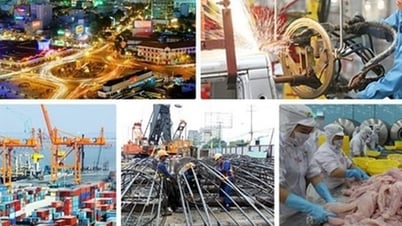












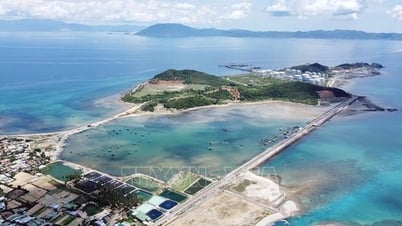


















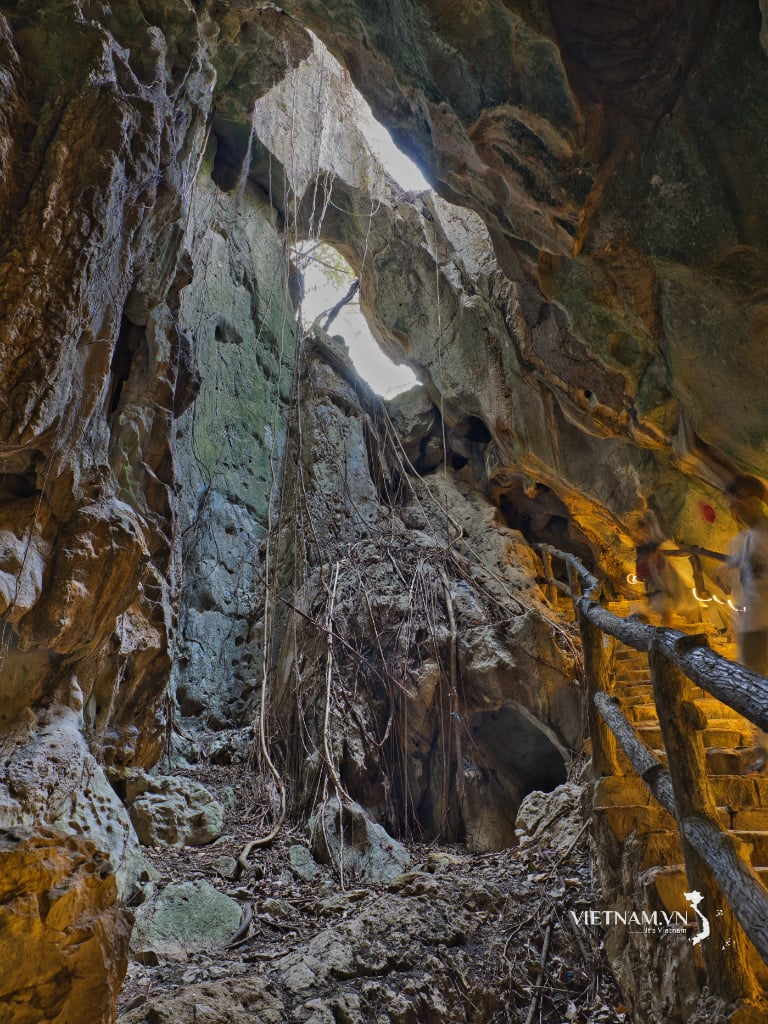

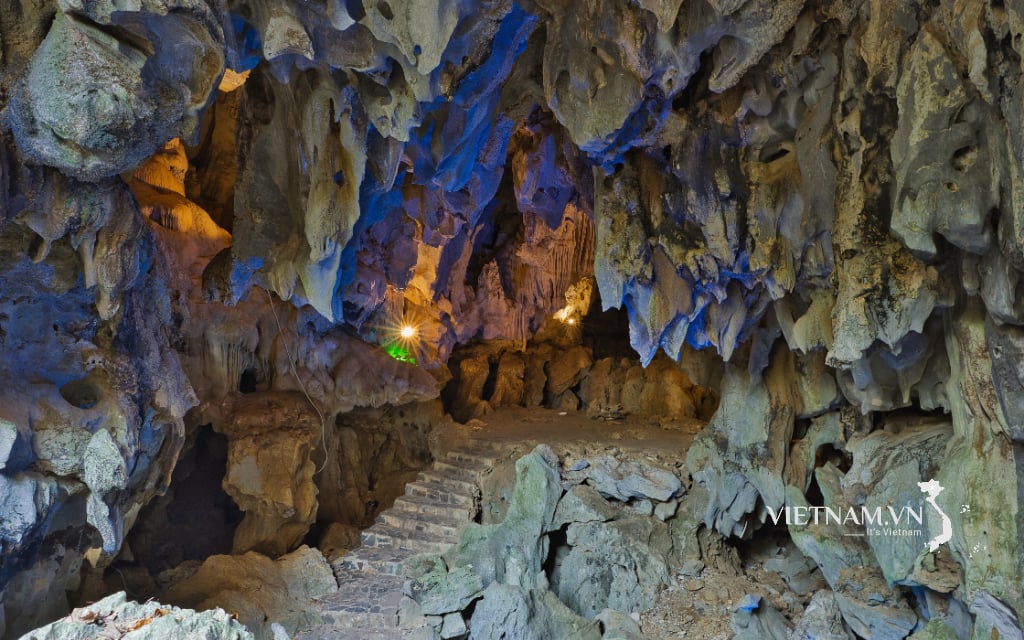

Comment (0)